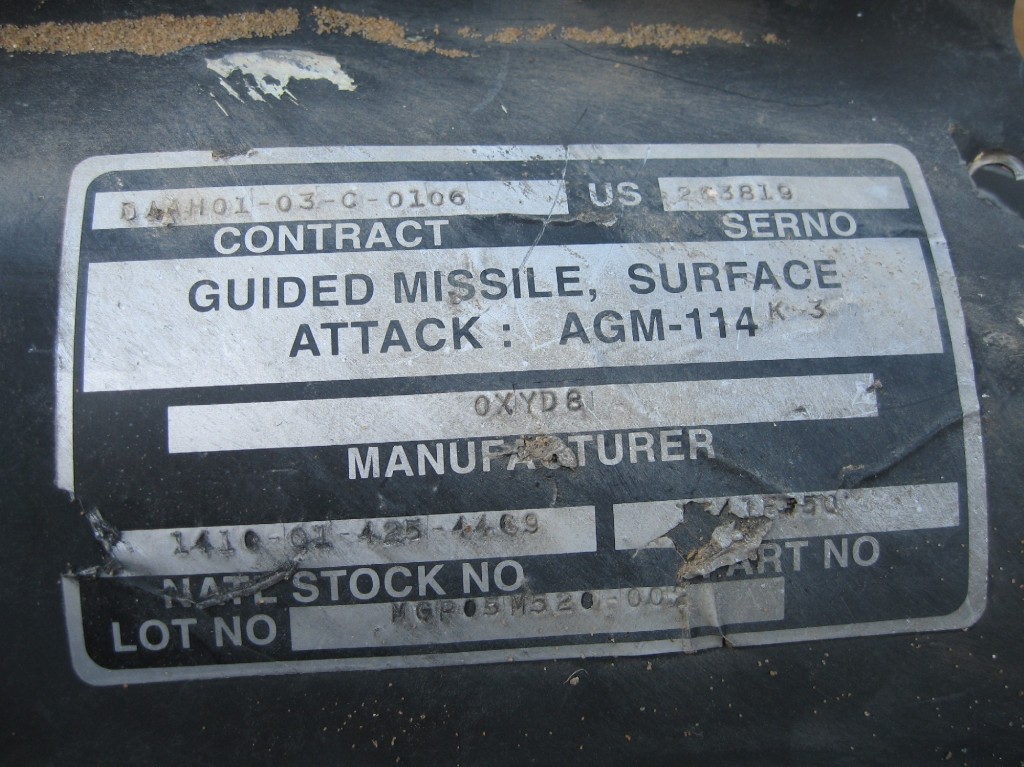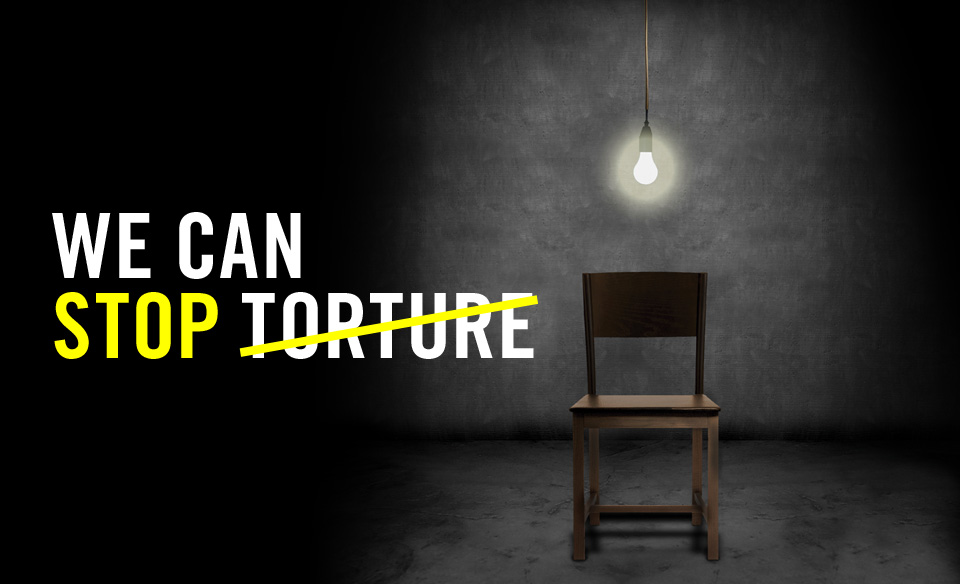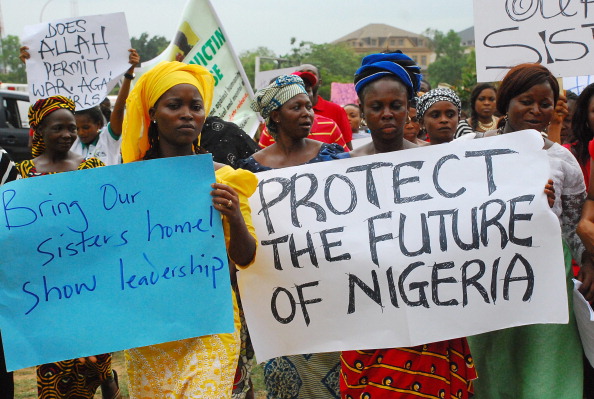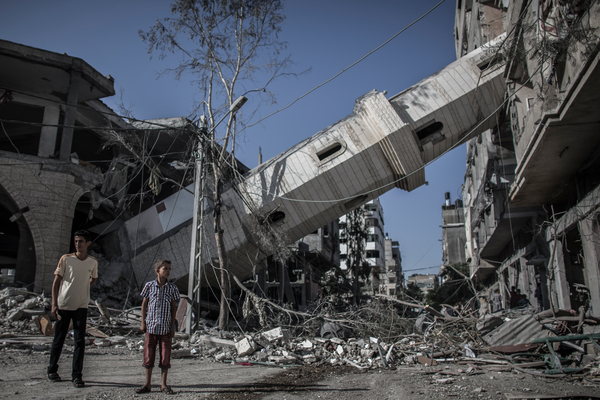
The same day Ban Ki Moon, UN Secretary General, visited the Gaza Strip saying, “a restrictive occupation that has lasted almost half a century, the continued denial of Palestinian rights and the lack of tangible progress in peace negotiations” was the root cause of latest escalation in violence, the UN Committee on the Exercise of the Inalienable Rights of the Palestinian People hosted a lecture by Noam Chomsky in the UN General Assembly Hall on resolving the Israel/Palestine conflict.
It couldn’t have happened at a more pivotal time. Significant movement is happening globally and with Secretary of State John Kerry’s announcement that the Quartet (the U.S., the U.N., Russia and European Union) are meeting this Friday in Brussels, it’s time for the international community to finally end the status quo.
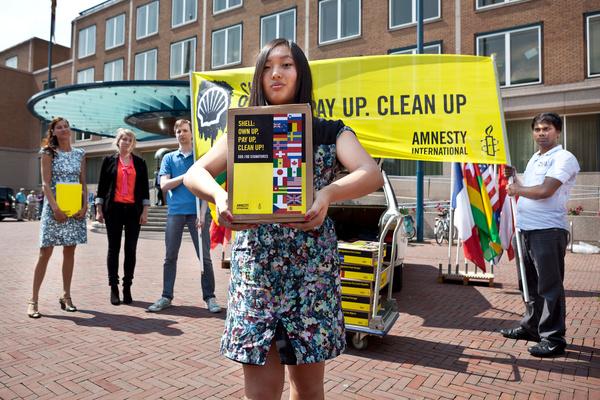 By
By 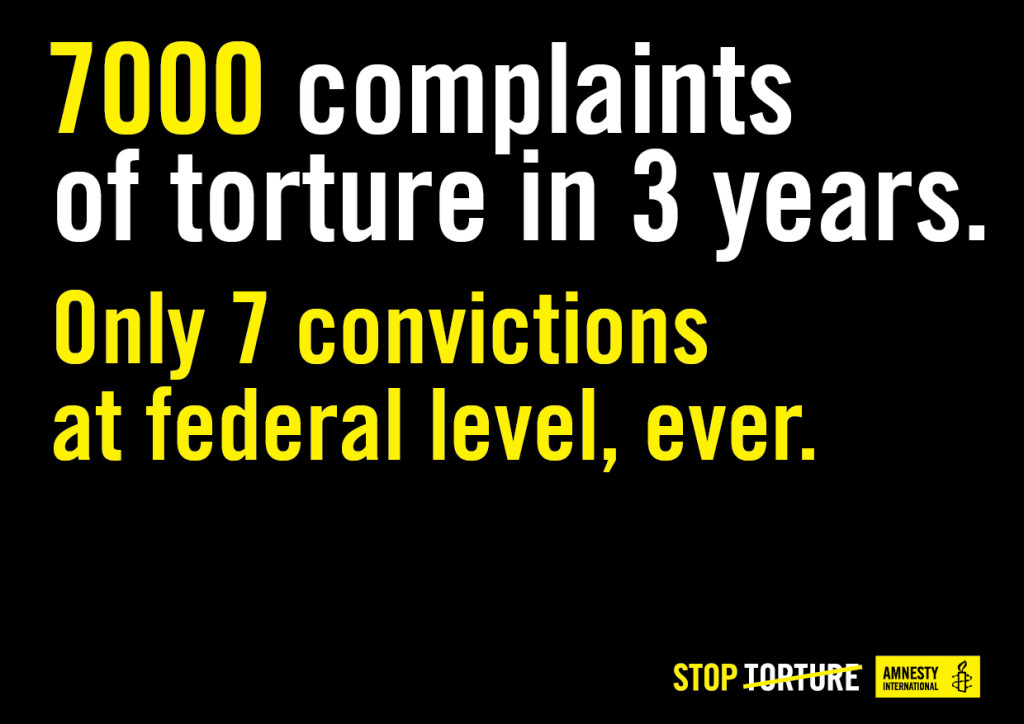 By Esmeralda Lopez, Amnesty International USA Country Specialist for Mexico My desire to end torture in Mexico runs deep. Years ago it became too dangerous for me to visit my family in Mexico because they are only hours from Ciudad Juarez, a hot spot of violence. Some officers point to incidents of violence and the high crime rate as justification for use of torture. But I know torture is not the solution.
By Esmeralda Lopez, Amnesty International USA Country Specialist for Mexico My desire to end torture in Mexico runs deep. Years ago it became too dangerous for me to visit my family in Mexico because they are only hours from Ciudad Juarez, a hot spot of violence. Some officers point to incidents of violence and the high crime rate as justification for use of torture. But I know torture is not the solution. 


